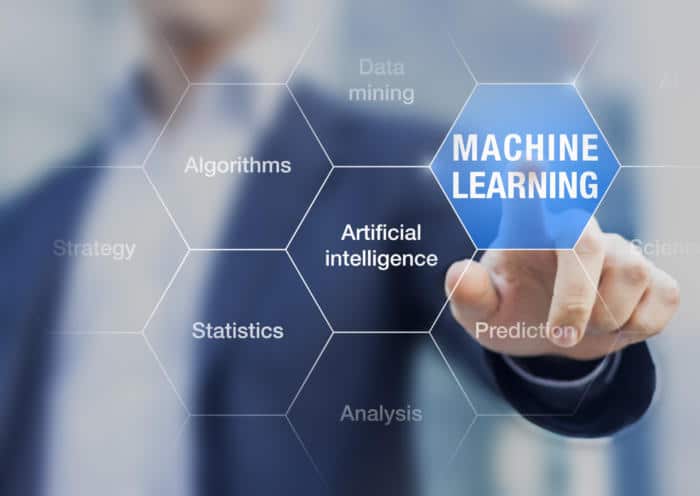
In this digital era, most people have easy access to the Internet, where product descriptions, price comparisons, and consumer reviews can be easily found. As customers are further empowered with the massive amount of information, the golden rule for businesses to differentiate themselves would be to gain a more comprehensive understanding of consumers. Consequently, a precise customer satisfaction measurement system could be a critical element of a company’s future success. At this point, IoT and AI come in handy due to the high accuracy rate and automated process. The days we collected customer preferences from those annoying and seemingly endless surveys will be over soon. IoT and AI are the what you need to grab the elusive and sophisticated consumers and make them stay loyal.
Upon receiving permission from a customer, data streams could be fed into the IoT Complex Event Processor (CEP engine), which is capable of analyzing information gathered from multiple sources, identifying crucial events that happen in the customer journey. AI engine’s data comparison ability can spot the similarities and differences among these consumers and answer questions like “What does a happy customer look like” or “What does a stream of messages that resulted in a positive outcome look like?”
After receiving filtered or augmented information such as geographic location or service level agreement, CEP engine can act as a “state machine” to determine which state the customer is in – a good experience state, a neutral experience state or a bad experience state. The time a consumer spends in each state can be used to gauge the level of customer satisfaction. It’s now possible for decision makers to know how customers and feel in each phase of their journey and what their behavior is. The thorough knowledge of the drivers of customer satisfaction the causes of customer churn would guide the direction towards which the businesses should head in to relieve the pain points customers have been suffering from. The derived information is the basis of the automatic launch of marketing campaigns and recommended actions. These campaigns aim to create a more satisfactory customer journey, which increases the possibility of an ultimate purchase.
AI reinforces itself by processing more data. If a potential customer successfully converts into a buyer, the data gathered during his customer journey would be fed back into the AI engine in order to make more recommendations for future customers. MoBagel’s AI engine for IoT analytics, Decanter™, could offer the aforementioned benefits to businesses. It has already helped enterprises across the world to boost sales revenue by automatically pushing marketing campaigns to the right customer at the right time based on the results of data analyses.
If you’re interested in MoBagel’s Decanter™, please sign up at https://mobagel.com/#contact-us and we’ll get in touch with you shortly.
References
1. Charlie Isaacs. (December 8th, 2016). “How IoT and AI will Disrupt Customer Satisfaction Measurement.” CIO. Retrieved from http://www.cio.com/article/3148183/it-industry/how-iot-and-ai-will-disrupt-customer-satisfaction-measurement.html
Source of featured image: http://www.cio.com/article/3148183/it-industry/how-iot-and-ai-will-disrupt-customer-satisfaction-measurement.html